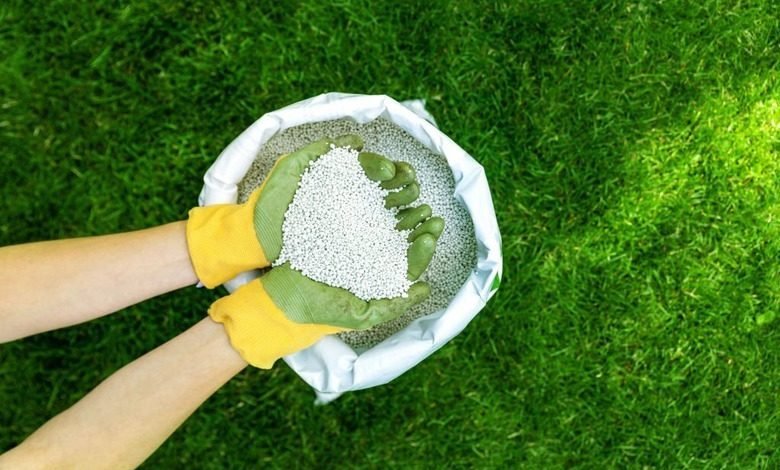7 Tips on How to Fertilize your Lawn Properly for Beginners

Considering that most of us spend a great deal of time admiring our lawns, it’s surprising that so many of us are clueless when it comes to properly fertilizing them. If your grass is looking less than stellar, chances are you’re not following these simple tips on how to care for your lawn!
Tip #1: Get a soil test
Getting a soil test is the first thing you should do before you start treating your lawn. This will tell you what kinds of nutrients your soil is deficient in, as well as which manure will be most beneficial for your yard if you apply it. A soil test kit can be purchased at your neighborhood gardening store or through the county extension office in your county.
Why is it necessary to do so?
The main reason is that most of us are not familiar with the different types of soil and what they need in order to have a healthy lawn. By getting a soil test, you will know exactly which to use and how much of it to apply.
Tip #2: Choose the right product.
Once you know what kind to use, it’s important to choose the right one for your lawn. If you’re using a chemical, be sure to follow the instructions on the package carefully. Overfertilizing can damage your grass and even kill it!
If you’re using organic, such as compost, be sure to apply it evenly. You can use a spreader to help with this.
Here’s a list of different types of fertilizer and what they’re best for:
- Chemical: They come in both granular and liquid forms and are easy to find at your local gardening store.
- Organic: These include things like compost, manure, and bone meal. They’re great for adding nutrients to the soil, but can be harder to spread evenly.
- Slow-release: This type releases nutrients slowly, so you don’t have to apply them as often. It’s a good choice for busy people who don’t want to worry about applying it every week.
Tip #3: Fertilize at the right time
When it comes to fertilizing, timing is of the utmost importance. When applied too soon in the growing season, it might actually cause more harm than help to the plant it is being applied to. After the grass has completed its growth cycle for the year, the fall is the optimal time to apply it to the lawn. You might also want to seek help from professionals such as Heroes Lawn Care when it comes to lawn care and maintenance. They provide top-notch services and will surely help you achieve the yard of your dreams.
Tip #4: Water it thoroughly.
After you fertilize your lawn, it’s important to water it thoroughly. This will help it to reach the roots of the grass, where it can do the most good. It is important not to overwater, though, as this can also damage the grass.
You should schedule your watering so that it gets at least 1 inch of water per week. If it’s been particularly hot or dry, you may need to water more often. To do this, you can either water for a longer period of time or use a sprinkler system.
Tip #5: Mow your lawn
Mowing is not only good for its appearance, but it also helps to fertilize it. When you mow, the grass clippings that are left behind act as a natural fertilizer. They help to add nutrients to the soil and keep it healthy.
Tip #6: Aerate your lawn
Aeration helps to improve drainage and allows the fertilizer to reach the roots of the grass. It also helps to reduce compaction, which can damage the grass. You can either aerate it yourself with a special tool or hire a professional to do it.
Tip #7: Overseed your lawn
Overseeding is a terrific technique to maintain the density and vitality of the soil, which brings us to our last point. The technique of sowing new grass seed in an already established yard is referred to as overseeding. This works to fill up any gaps and make them thicker overall.
You might think that you don’t need to care for your yard if it’s already healthy. But even if it looks good, it might not be getting all the nutrients it needs. A soil test can help you figure out what your yard is lacking and which will be best for it. By following these tips, you can keep your yard looking its best all year long!
Always keep in mind that too much of anything can be bad. The same goes for fertilizers. Be careful not to overdo it! If you have any questions, be sure to ask a professional at your local gardening store. They will be able to help you choose the right fertilizer and give you more tips on how to keep it healthy.




